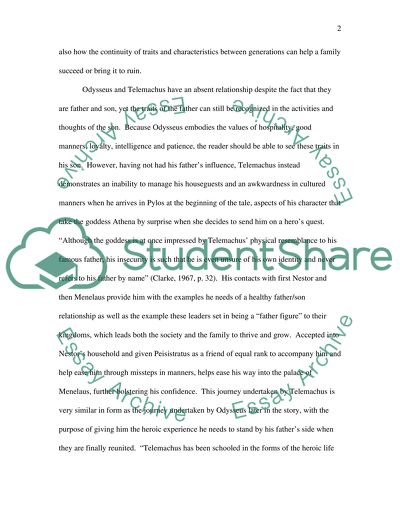Cite this document
(Relationships in Odyssey Essay Example | Topics and Well Written Essays - 2250 words, n.d.)
Relationships in Odyssey Essay Example | Topics and Well Written Essays - 2250 words. https://studentshare.org/literature/1536429-disscuss-odyssey
Relationships in Odyssey Essay Example | Topics and Well Written Essays - 2250 words. https://studentshare.org/literature/1536429-disscuss-odyssey
(Relationships in Odyssey Essay Example | Topics and Well Written Essays - 2250 Words)
Relationships in Odyssey Essay Example | Topics and Well Written Essays - 2250 Words. https://studentshare.org/literature/1536429-disscuss-odyssey.
Relationships in Odyssey Essay Example | Topics and Well Written Essays - 2250 Words. https://studentshare.org/literature/1536429-disscuss-odyssey.
“Relationships in Odyssey Essay Example | Topics and Well Written Essays - 2250 Words”. https://studentshare.org/literature/1536429-disscuss-odyssey.


